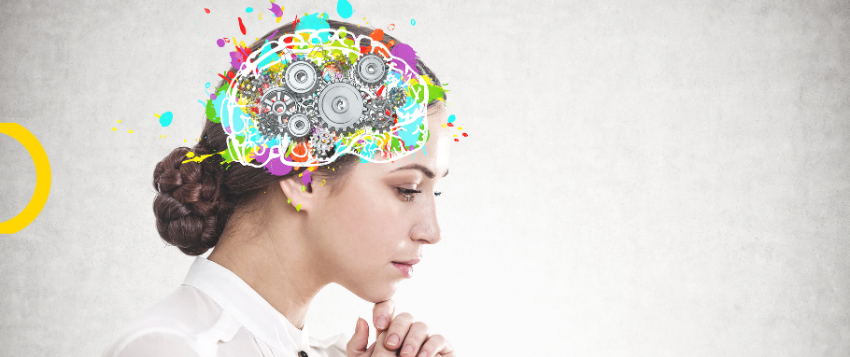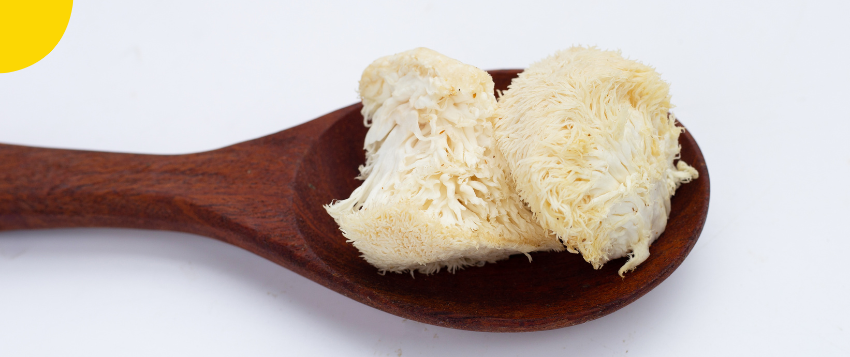Whether you are studying and wish to ace your exams, are a busy professional working towards a promotion, or want to manage time more effectively – our understanding and research surrounding nootropics has progressed substantially. The use of these supplements are on the rise, how do they work? And are they safe?
Let us make sure we have the basics in place for healthy cognitive function, imagine you consume multivitamins but also consume fast food daily. Two contradictory efforts would greatly impede the functioning of one another – focus on getting 7-8 hours sleep, eating a nutrient-dense diet, and exercising regularly.
Today we will uncover the most effective and well researched nootropics so we may improve concentration, focus, energy levels and improve our state of mind.
Common Nootropics in the World
Caffeine
Almost everyone uses a nootropic, whether they realise it or not. Of course we are talking about caffeine (found in coffee and tea) – the most common nootropic in the world. The average cup of coffee contains approximately 95mg caffeine.
L-theanine
L-theanine is a naturally occurring amino acid found mostly in tea, it may also be taken as a supplement. Match tea contains the highest concentration of all. Several studies have shown that taking 200mg of l-theanine has a calming, focusing effect, without causing drowsiness, it has also been proven to increase alpha-waves in the brain, which are linked to creativity.
Bacopa Monnieri
Bacopa monnieri is a herb with a long history popular in Ayurvedic medicine. Many studies have proven this compound to speed up information processing, reduce reaction times, & improve memory.
Lion’s Mane
This impressive fungal extract has been studied more and more recently. Not only is this supplement great in slowing cognitive decline, but the degree of improvement also increased over time. This supplement produced significant improvements for people who suffer from anxiety and depression and showed improvements in concentration and managing irritability.
Ultimately it would be best to experiment with variety of different cognitive enhancers as one supplement may produce adequate results in one person and effects may not be noticeable for another.
Disclaimer –Healthi and it associates offers health and fitness information and is designed for educational and entertainment purposes only. You should consult your physician or general practitioner before beginning a new fitness programme. You should not rely on this information as a substitute for, nor does it replace, professional medical advice, diagnosis or treatment. If you have any questions or concerns about your health, you should always consult with a physician, general practitioner or other qualified healthcare professional. Do not disregard, avoid or delay obtaining medical or health related advice form your healthcare professional because of something you may have read on our publications or lectures. The use of information provided though the urban wellness service is solely at your own risk and is not medical or healthcare advice.
REFERENCES
Effect of Green Tea Phytochemicals on Mood and Cognition – PubMed (nih.gov)
The effects of L-theanine, caffeine and their combination on cognition and mood – PubMed (nih.gov)
The cognitive-enhancing effects of Bacopa monnieri: a systematic review of randomized, controlled human clinical trials – PubMed (nih.gov)
Meta-analysis of randomized controlled trials on cognitive effects of Bacopa monnieri extract – PubMed (nih.gov)
Improving effects of the mushroom Yamabushitake (Hericium erinaceus) on mild cognitive impairment: a double-blind placebo-controlled clinical trial – PubMed (nih.gov)
Reduction of depression and anxiety by 4 weeks Hericium erinaceus intake – PubMed (nih.gov)









